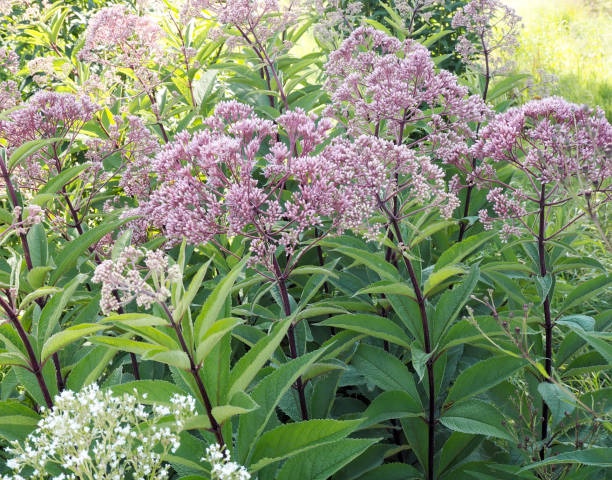
For several years we enjoyed a perennial garden in our yard. It was surprising because we are not especially gifted at caring for plants. That is understatement. The truth is we kill things we attempt to grow, so having a successful garden was an accomplishment. Years later, I learned that perennials are basically weeds that look pretty, meaning we successfully raised weeds. Our success was not as significant as we assumed.
It turns out we are quite good nurturing weeds. Our landscaping frequently produced too well, our yard was rich with dandelions, and we were typically overrun with unwanted guests in our garden, choking the life out of what we actually planted.
Weeds find a way. Despite our best efforts, we cannot prevent their growth. Even the best gardeners must contend with them. Unless you are intentionally growing certain varieties, they are a nuisance to address.
Jesus told his disciples a parable concerning weeds. Matthew records the teaching in his gospel. The story tells of a man who planted good wheat seeds in a field. While everyone was asleep, someone came and scattered bad seeds to produce weeds. When it was discovered, the caretakers of the field offered to pull up the weeds, but the owner told them to wait. The concern was, in uprooting the weeds, they might destroy the wheat, and the decision was made to wait until the harvest to separate the wheat from the weeds.
Weeds do not only grow in fields, and sometimes, they are more than plants. Our spiritual lives can develop weeds as well. Some can be pulled out easily, while others can be so entangled that they threaten the good seed growing in our lives. A healthy dose of caution is necessary when we address the weeds in the garden of our soul.
We should always avoid and uproot anything that threatens our walk of faith, destroying our relationship with God and others. There should never be a careless acceptance of what is toxic. However, uprooting some entanglements can be more damaging than the weeds themselves. Timing and method matter, and divine direction is necessary.
These are not casual considerations, but decisions that require deep prayer and the guidance of the Spirit. This is especially true when, like the caretakers in Jesus’ parable, we are assisting with someone else’s field. Without divine direction, we can cause more damage than any good we might do.
As we endeavor to tend our soul, and care for the souls of others, we must be cautious and informed. Good nurture requires patience, understanding, and guidance. While inaction can be damaging, quick solutions can rapidly produce great harm. Discernment is crucial.
We should continue to plant good seeds into our lives, and the lives of others. We should care for the soil of our souls. We should commit ourselves to the growth of a great harvest. Yet, we should be very discerning in how we address the weeds that grow among the good seeds. It may be that the best course of action is trusting God, the master gardener, to address them in the proper way, when the time is right.
If we give more attention to the seeds than the weeds, we are bound to celebrate a greater harvest.